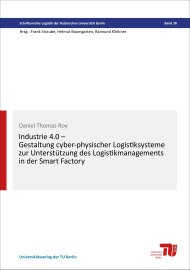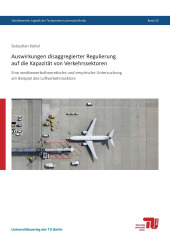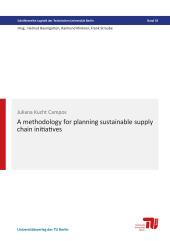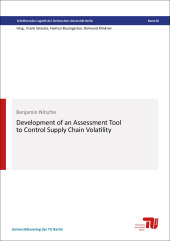Industrie 4.0 – Gestaltung cyber-physischer Logistiksysteme zur Unterstützung des Logistikmanagements in der Smart Factory

Format: 14,8 x 21,0 cm
Publishing year: 2017
“Industrie 4.0” describes the fourth industrial revolution. This revolution is marked by a successive connection of the physical and digital world. This transformation process will cause in a similar impact for the economy and work organization like the anteceding revolutions. These impacts have an immense economic potential for the German industry. Logistics will benefit through various utilization possibilities. Moreover, the realization of Industrie 4.0 shall be impossible without considering cyber-physical logistics systems. Due to the lack of a scientific and industrial discussion in industrial logistics, the examination of logistics systems based on cyber-physical systems considering Industrie 4.0 is necessary. This dissertation is targeting the design of cyber-physical logistics systems in the context of Industrie 4.0. The presentation and validation of cyber-physical logistics systems sheds light on the contribution for logistics management in the smart factory. For the systematic derivation for the logistics management investigates that dissertation – The relevant trends, challenges and potentials for the logistics management – The concepts, e.g. cyber-physical systems, internet of everything and Industrie 4.0 – The technologies and techniques, e.g. assisted deciders, intelligent objects and products and integration platforms as well common capabilities and requirements – The status quo of motivation, targets, challenges and potentials of Industrie 4.0 solutions in industrial logistics and the requirements and capabilities from the logistics’ perspective – The formulation of implications for the logistics management in Industrie 4.0. With the combination of practical and scientific results, offers that dissertation an integrated interdisciplinary approach considering Industrie 4.0. The cyber-physical logistics system considers specific logistics requirements for a goal-oriented design of the industrial intra-company logistics in the smart factory. By presenting requirements and capabilities until now deployed Industrie 4.0 solutions in the smart factory, the logistics management gets a useful tool to deal with preconditions, challenges and potentials to target competitive advantages in industrial logistics.



